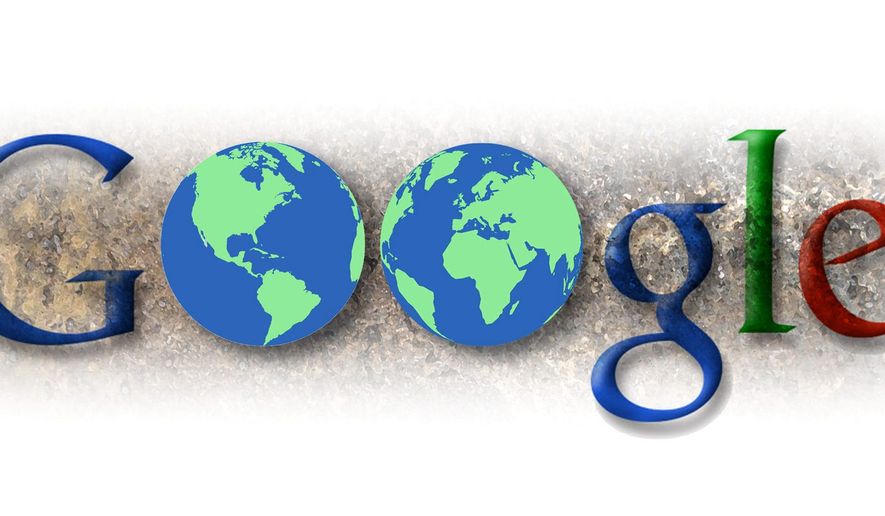OPINION:
Louisiana Attorney General Jeff Landry posed an interesting hypothetical that sums up why 51 attorneys general launched an antitrust investigation into the business practices of tech-giant Google earlier this month.
Mr. Landry asked us to think back before the invention of radio or television, when the single source of content was print media, particularly newspapers. Then, he asked if we would have allowed one person or one company to own all the printing presses, printing ink, and the printing paper in the country. I agree with my colleague — the answer to that is a resounding “no.”
It was an excellent analogy, but it doesn’t fully reflect Google’s current position of dominance. For a more complete picture, we would need to add (at the very least) that the company also owns most of the stores where you can buy the most widely-read newspapers and is effectively the only company that can sell you an ad in any newspaper throughout the country.
Moreover, that same company is effectively the only source for businesses to find out what newspapers their potential customers read. When you add those facts, you begin to get a good picture of just how much influence Google can wield over our lives every day.
Antitrust law must continue to focus on promoting competition and protecting consumers from unfair business practices that lead to less choice, lower quality or higher prices. Much of the public perceives that Google provides online tools — including search, email, access to videos via YouTube, and other services — completely free of charge.
However, it is important to remember what Milton Friedman taught us: There really is no such thing as a free lunch. Nothing on the Internet is truly free. Consumers generally pay for the use of Google’s “free” online tools by sharing their personal data with Google, which then uses that data to develop and sell services to companies seeking to buy and sell advertising online.
Google dominates this very lucrative online space. It connects advertisers who want to place online ads with publishers who want to sell advertising space on their websites. And it targets those ads to specific consumers using data collected from those consumers when they were using “free” services like Google search, Gmail, Chrome and other Google services.
Even more than that, Google uses that data to target ads to consumers as they are hunting for news, searching for driving directions, looking up restaurant recommendations or browsing for medical advice. This is a rough sketch of what the markets for digital advertising looks like today, and they all revolve around Google.
Given the markets we just described, we want to know whether Google gained and maintained control over those markets by merit or by unfair, anticompetitive practices. More specifically, we want to know whether it has engaged in any unfair practices that have raised prices, harmed publishers and content creators, prevented new tech companies from offering new products to consumers, and locked those same consumers into a marketplace where they have little or no choice whether to share their personal information with Google.
If we are still imagining ourselves in a world before radio, television and the Internet, we would have to say that much ink has been spilled opining whether Google is too big or has too much power, but that is not the focus of this investigation. We are simply focused on whether Google’s business practices have been fair to the guy at the news stand trying to buy the morning paper.
• Ken Paxton is attorney general of Texas.




Please read our comment policy before commenting.